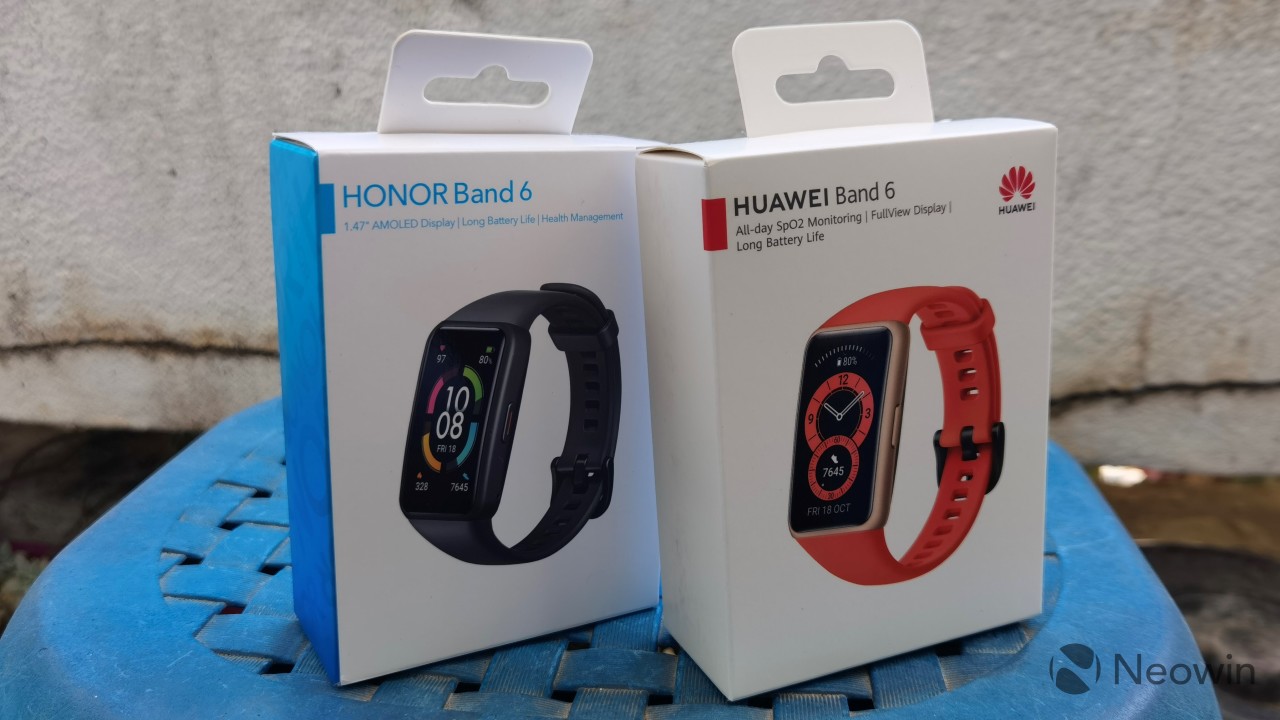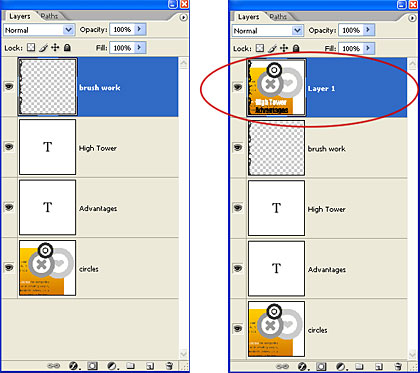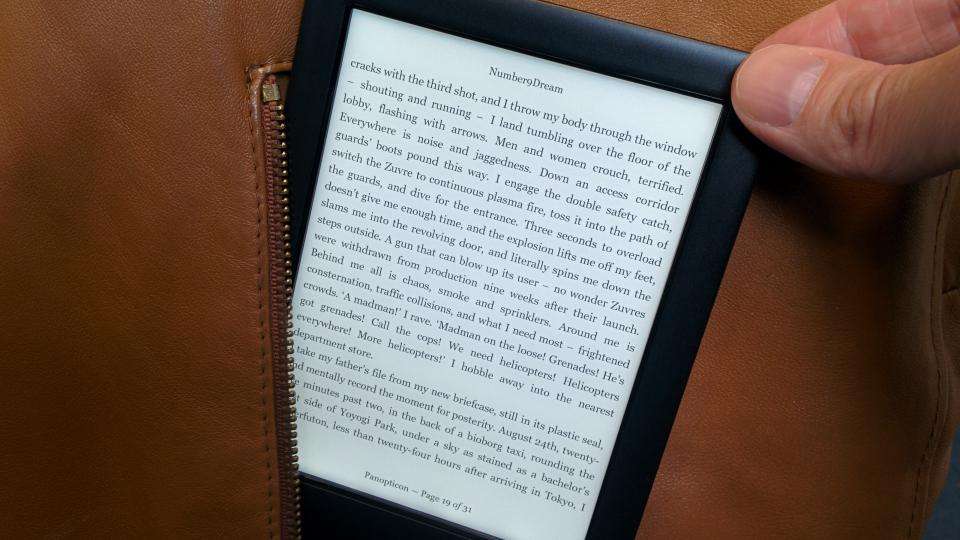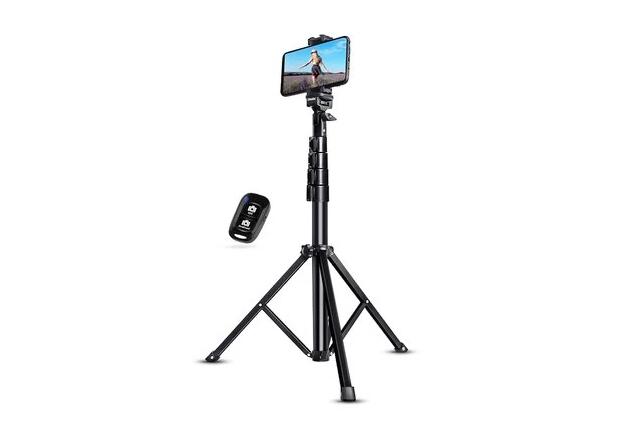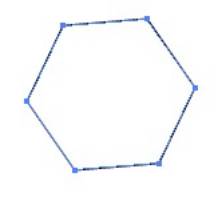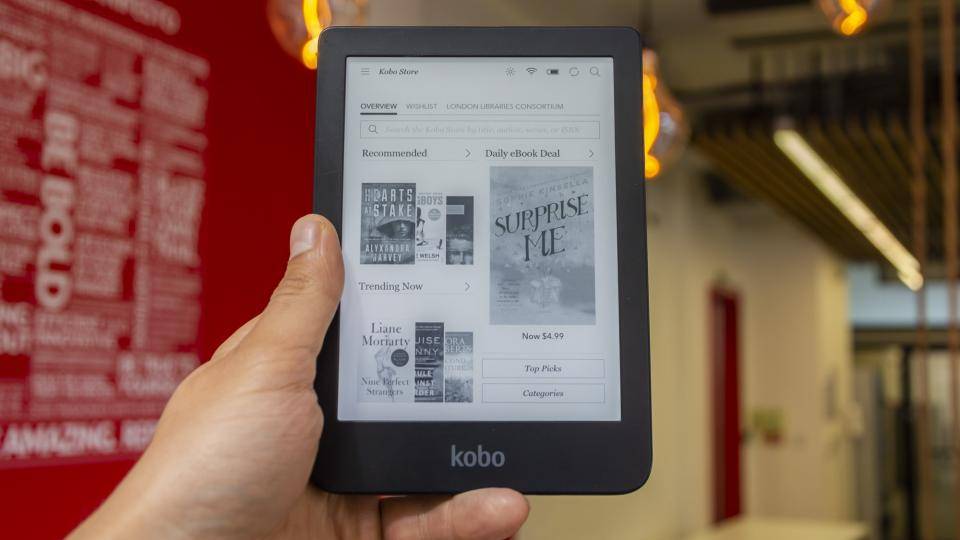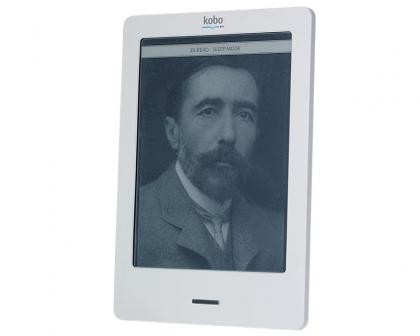Choosing between smart locks and traditional locks is a significant decision for securing your home. Traditional locks have been trusted for decades, providing mechanical security through keys and deadbolts. They are known for their reliability and simplicity. On the other hand, smart locks are a modern innovation offering keyless entry, remote access, and integration with smart home systems. These locks provide convenience and advanced security features but also come with their own set of challenges. Through the article you can understand how each type works, their pros and cons, and which might be better for your specific needs.
How Do Traditional Locks Work?
Key Mechanisms and Security Features
Traditional locks operate through mechanical means, using keys to engage and disengage a locking mechanism. The most common types include pin tumbler locks, which use a series of pins that must be aligned by the key to open the lock. Another type is the wafer tumbler lock, which functions similarly but uses wafer-like components instead of pins. Traditional locks are prized for their simplicity and reliability. They are typically constructed from durable materials such as brass or steel, offering significant resistance to tampering and forced entry. These locks can be single or double-cylinder, with the latter providing added security by requiring a key on both sides of the door.
Common Types of Traditional Locks
There are several common types of traditional locks, each offering unique security features. Deadbolt locks are widely used for their robust security; they extend a solid bolt into the door frame, making them difficult to force open. Knob locks, often found in residential settings, combine a lock and a handle but are less secure than deadbolts. Mortise locks, typically used in commercial applications, fit into a pocket within the door and are known for their strength and durability. Lever handle locks, commonly used in interior doors, are easier to operate and offer adequate security for indoor use. Each type serves different purposes, from high-security entry points to convenient interior access.
How Do Smart Locks Work?
Keyless Entry and Remote Access
Smart locks offer keyless entry, allowing users to unlock doors using digital codes, smartphones, or even biometric data such as fingerprints. Let’s take the eufy Smart Lock S230 as an example, which can connect to Wi-Fi, enabling remote access and control through the eufy Security app. Users can lock or unlock their doors from anywhere, grant temporary access to guests, and receive notifications of entry attempts. This flexibility enhances convenience and security, especially for those who frequently lose keys or need to manage access for multiple users. Smart locks often come with backup physical keys or other fail-safes in case of electronic failure, ensuring that users are not locked out if the technology encounters issues.
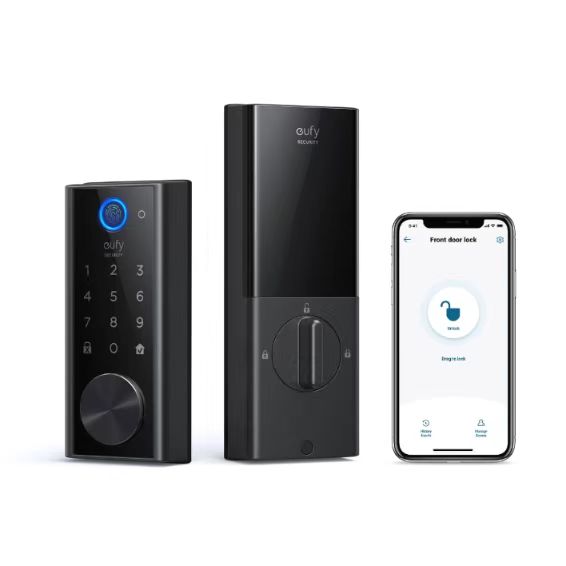
Integration with Smart Home Systems
Smart locks can integrate seamlessly with other smart home systems, creating a cohesive and automated security network. That can be synced with security cameras, alarm systems, and Smart Doorbells to provide comprehensive home monitoring. For example, when a smart lock is engaged, it can trigger the activation of security cameras or send alerts to the homeowner's smartphone. These features provide added layers of convenience and security, as users can control and monitor their locks and other connected devices through a single platform, enhancing the overall smart home experience.
What Are the Pros and Cons of Traditional Locks?
Advantages of Traditional Locks
Traditional locks offer several advantages, including reliability and simplicity. They do not rely on batteries or internet connections, making them less prone to technical failures. Their mechanical nature ensures consistent performance over time, and they can be easily replaced or re-keyed if needed. Traditional locks are generally more affordable and widely available, making them an accessible option for many homeowners. Their installation is straightforward, and they do not require specialized knowledge or equipment. Additionally, traditional locks have a timeless design that fits various architectural styles, providing both security and aesthetic appeal.
Disadvantages of Traditional Locks
Despite their benefits, traditional locks also have some disadvantages. They are vulnerable to lock picking, bumping, and other forms of tampering. Keys can be lost, stolen, or duplicated without the owner's knowledge, posing security risks. Traditional locks also lack the convenience features offered by smart locks, such as remote access and automated control. Requiring physical keys can be cumbersome, especially for individuals who frequently lose or forget them. Furthermore, traditional locks do not provide real-time alerts or monitoring, limiting their ability to offer comprehensive security. These limitations can make traditional locks less appealing to those seeking advanced and flexible security solutions.
What Are the Pros and Cons of Smart Locks?
Advantages of Smart Locks
Smart locks bring several advantages to modern home security. They offer keyless entry, which eliminates the need for physical keys and reduces the risk of lockouts. Remote access and control via smartphone apps provide unparalleled convenience, allowing users to manage their locks from anywhere. Smart locks can integrate with other smart home devices, creating a comprehensive security system. Features like temporary access codes and real-time alerts enhance security and control. Additionally, smart locks can often be customized with various access methods, such as biometric scanning or voice commands, to suit individual preferences. These features make smart locks a versatile and attractive option for tech-savvy homeowners.
Disadvantages of Smart Locks
While smart locks offer numerous benefits, they also have some drawbacks. They rely on power sources, such as batteries, which can deplete over time and require regular maintenance. Connectivity issues or technical malfunctions can render smart locks temporarily unusable, posing potential security risks. However, with the development of technology in recent years, smart lock manufacturers are also constantly improving the quality and technology of their products to overcome the above-mentioned defects. For instance, the eufy Smart Lock S330 counts on endurance and resilience with a 10,000 mAh battery and a sturdy design that's certified to withstand extreme weather, from icy cold to scorching heat, ensuring reliability all year round.
Which Lock Type Is Best for Your Home?
Factors to Consider When Choosing a Lock
Deciding between smart locks and traditional locks depends on your Choosing the best lock type for your home depends on various factors. Consider the level of security required for different areas of your home; high-security entry points may benefit from the advanced features of smart locks, while interior doors might be adequately secured with traditional locks. Assess your comfort level with technology; smart locks offer convenience but require some technical know-how. Budget is another critical factor, as smart locks are typically more expensive than traditional locks. Think about the potential need for remote access and integration with other smart home devices. Or just based on your considerations, how to door lock open is the most convenient for your life. If you are a forgetful person who often can't find your keys, then a smart door lock may be more suitable for you. Evaluating these factors will help you determine the most suitable lock type for your specific needs.
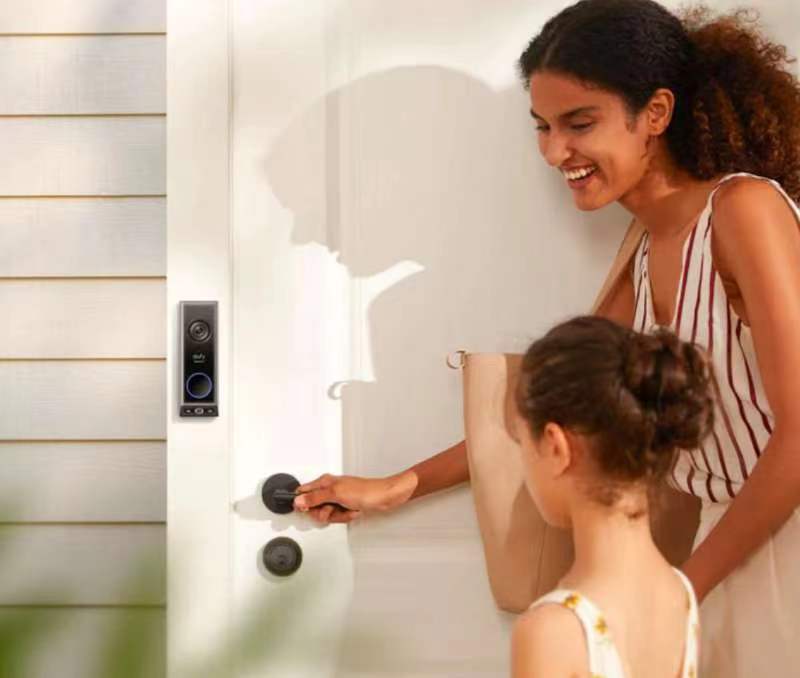
Security Needs and Preferences
Your security needs and personal preferences play a significant role in choosing between smart and traditional locks. If you prioritize convenience and advanced security features, smart locks might be the better option. They offer remote access, integration with other devices, and customizable entry methods. However, if you prefer simplicity and reliability without the need for technology, traditional locks may be more suitable. They provide consistent performance and are less prone to technical issues. Consider your daily routines, lifestyle, and the level of control you desire over your home security. Balancing these preferences with practical considerations will guide you toward the right choice for your home.
Conclusion
Deciding between smart locks and traditional locks depends on your specific needs and preferences. Traditional locks offer reliable security with their simple mechanical design, making them a cost-effective and durable choice. They are easy to use and maintain, ideal for those who prefer straightforward solutions. On the other hand, smart locks provide advanced features like keyless entry, remote access, and integration with smart home systems, offering enhanced convenience and security. However, they come with higher costs and potential technical challenges. Weighing the pros and cons of each type, along with considering your security needs and lifestyle, will help you make an informed decision. Ultimately, the right lock for your home is the one that best meets your security requirements and fits seamlessly into your daily life.

